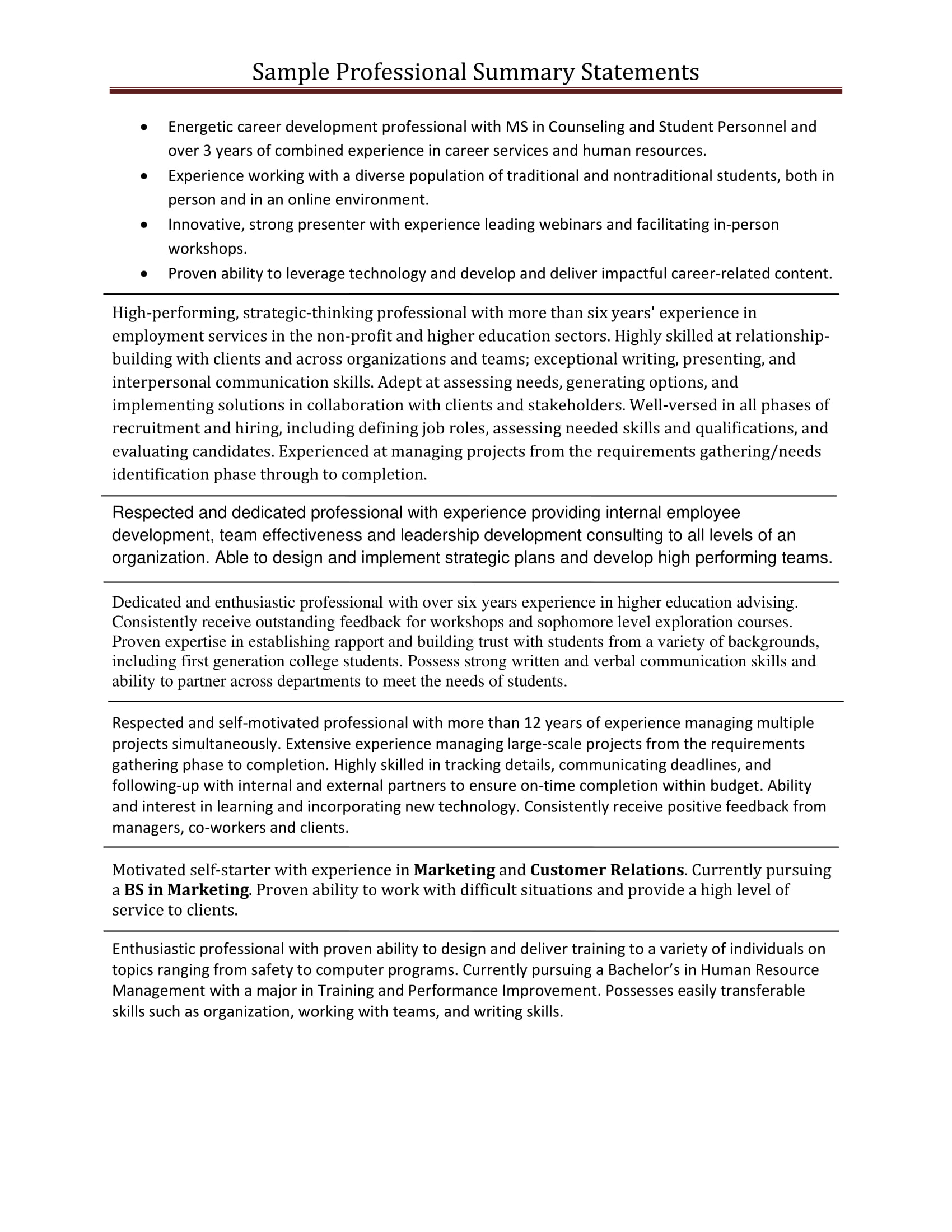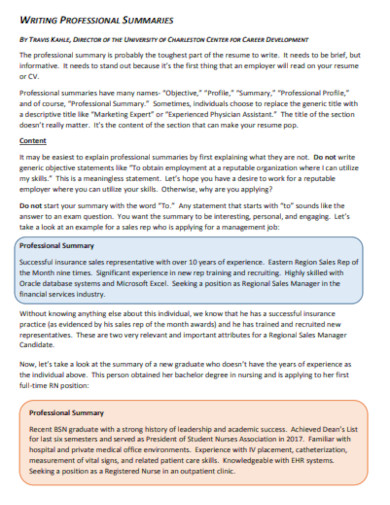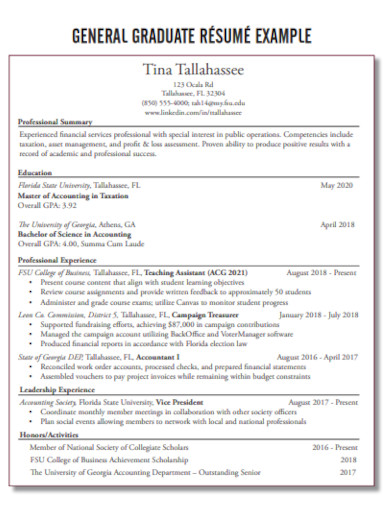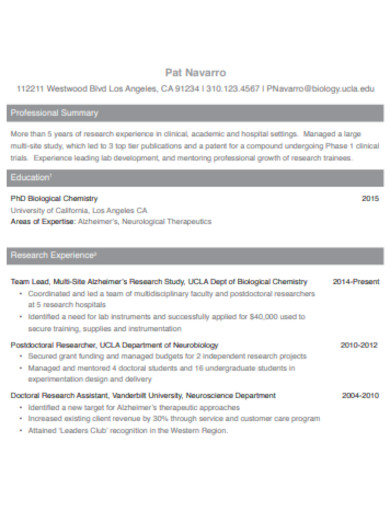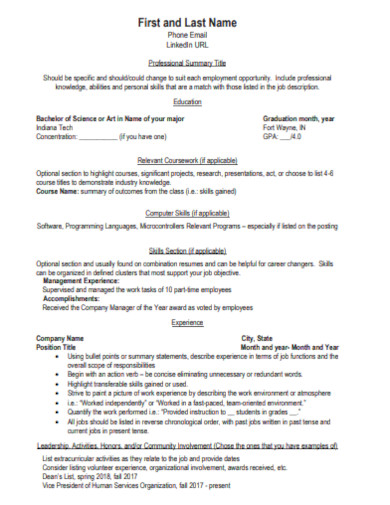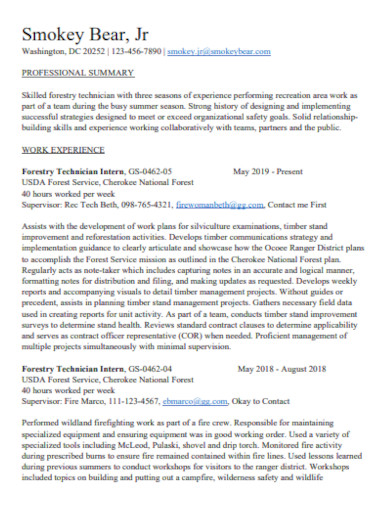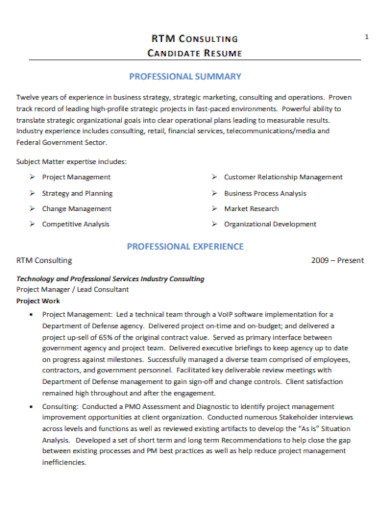5+ Professional Summary Examples to Download
A perfect resume is matter of efficient organization of your content. Although you have quite a number of credentials, arranging and organizing can either give you your big break or can be the reason you don’t get the job. And those various credentials can somehow overwhelm you; thinking that you should include everything in your resume causing the lead hiring managers to get confused, you wouldn’t want that, would you? You may also see career summary examples.
Professional Summary Example
Writing Professional Summaries Example
Graduate Resume with Professional Summary
PhD Resume with Professional Summary
Sample Resume with Professional Summary
Federal Resume with Professional Summary
Professional Summary Resume Example
What Is a Professional Summary?
A professional summary is a brief summary of your skills, experiences and career goals directly relating to the job posting. It is a summary about you but with regards to your professional life. It is also sometimes called a qualifications summary, professional summary, resume profile, or a resume summary statement.
How to Write a Professional Summary
In order to impress, wow, and stand out from other applicants, it is always best to have a professional summary that explains the reason or the purpose of it. Here are steps to writing a professional summary.
Step 1: Sum up what you have to offers
To a potential employer, you should be able to clearly explain what you can offer to the table. Instead of focusing on what you want, focus on how you can be an asset to the company. You may also see curriculum vitae summary examples
Step 2: Start with the job listing
Find the most important keyword indicated in the job listing. Integrate it with all the hard skills, soft skills, fine motor skills, experiences and other credentials that you already have.
Step 3: Emphasize proven experience
Back up your skills with your accomplishments. For example, mention how your trainee was able to make it to the national qualifying level instead of just saying your a skilled gymnastics trainer. You may also like examples of writing a narrative summary.
Step 4: Structure it well.
Bullet points will be your best friend. when you need to structure your text clearly without giving it too much effort, use bullet points. Not only does it help in your organization, it also makes your resume easy on the eyes of the hiring manager. Although remember to list your current job title first and put it in bold. You may also check out what should be in an executive summary of a report?
Step 5: Keep it short.
Having a long summary defeats the purpose of it being a “summary.” Make sure it is not longer than five short sentences or bullet points.
FAQs
What is the main goal of a professional summary?
The main goal of a professional summary is to make your most relatable skills and experience immediately capture the hiring managers attention and make him/her qualify you for the job. It is different from that of an resume objective. Unlike a professional summary that focuses on relevant skills and experiences, the resume objective is just a list of your goals specifically designed for students, fresh graduates or people changing careers with no relevant experience to the job.
Why include a professional summary?
In reality, a hiring manager is only interested in reading your resume for a good six seconds. That means the longer and more details you include in your resume, the bigger the chance for it to be discarded. If you include all your skills and experiences not relevant to the job you’re applying for, the faster for the hiring manager to lose interest in your application even if you are legitimately qualified.
What should you include in a professional summary?
A Good Professional Summary Should Include: A compelling statement describing your current or previous job or profession, a well-explained and detailed statement of your expertise, a brief statement describing your relevant skills, a showcase of the multi-skills you possess, timeline of working experience and the field you worked in, well documented accomplishments, list of awards, recognition, promotions, commendations on outstanding performance, a glimpse of your professional and personality traits, and one or two sentences describing your objectives.
Employers prefer applicants with a well-rounded perspective. It is okay to include experiences even if its from different industries for example fast food/restaurant, retail and business outsourcing. The diversity of your background can encourage employers and convince them that you can handle the tasks for the job. However, it is best to think about the similarities of the responsibilities although its all from different jobs or industries. You may also check out research summary examples.



